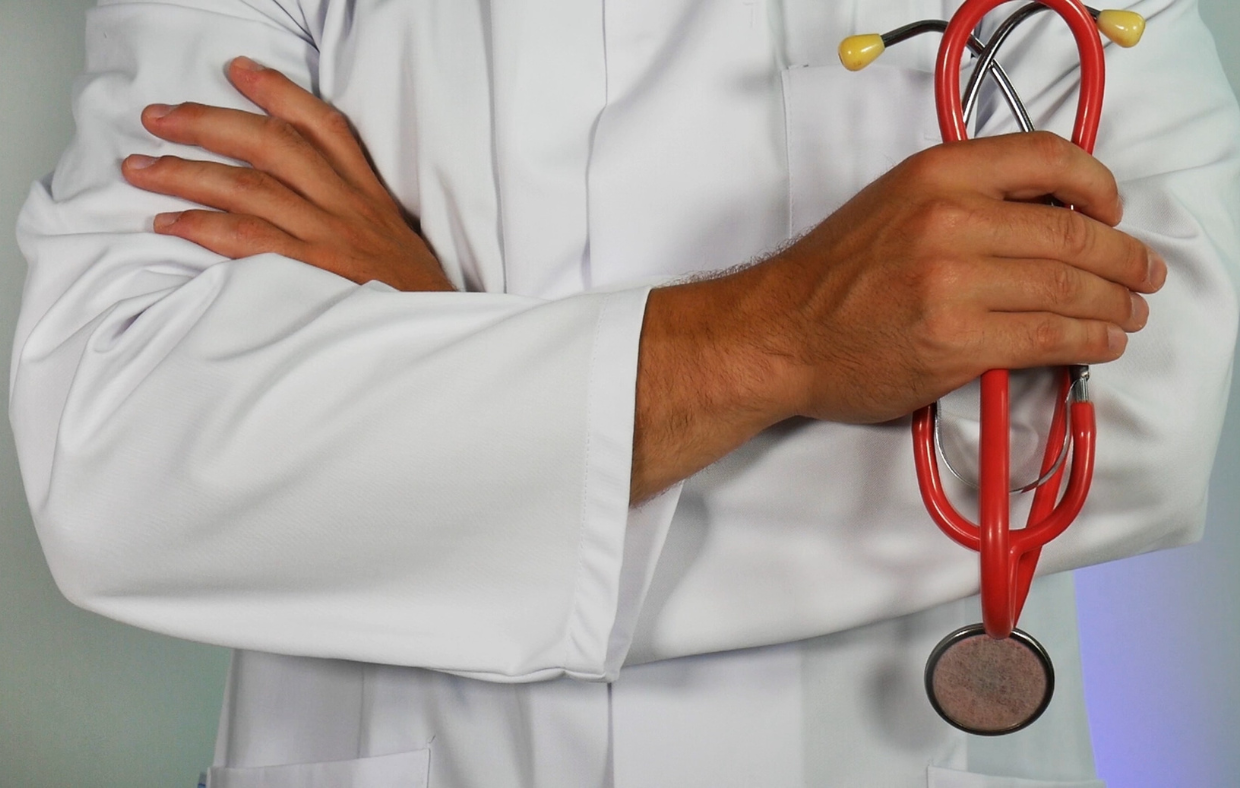June is Men’s Health Month, a time when we traditionally talk about screenings to check your prostate health, cholesterol level, blood pressure, body mass index (BMI), and other indicators. All those things are important, but perfect scores on those screenings won’t make you healthy because health isn’t simply the absence of illness or disease. Being healthy is really about your ability and desire to engage in activities that align with what you value.
As men, most of us are not trained to think too much about how we’re living our lives. We’re just dudes. We go to work, come home, eat dinner, watch TV, go to bed, and do it all again the next day. As we scroll through our news feeds, we see pictures of men with washboard stomachs, bowling-ball biceps, and tree trunks for legs. But we rarely stop and think about the fact that unless we have great genetics and the time to exercise 12 hours a day, these amazing muscles are all but impossible to attain.
There’s been a fair amount of discussion about unhealthy media stereotypes regarding women’s bodies and societal expectations, but I think we have some work to do when it comes to men—especially for young men. Social media is everywhere promoting toxic masculinity. How do you teach young men that this isn’t normal? That bodies aren’t supposed to look like they’re made of granite? That it’s way more important to like who you are as a person, to be comfortable in your own skin.
Wouldn’t it be cool if we were deluged with images of normal-looking guys having fun while hanging out with people they care about, being good partners, dads, sons, brothers, and friends? Media definitely doesn’t define “cool” as showing compassion for fellow human beings.
And it’s not just young men who feel compelled to reach standards set by media idols. Patients of all ages commonly ask for medication to help them lose weight. I caution them not to confuse skinny with healthy. If you have a BMI over 30 but all other indicators show you’re healthy as a horse, should you really spend all your time at the gym? Is this desire to lose weight tied to unrealistic ideals or are you actually trying to reduce your risk of heart disease, stroke, diabetes, or osteoarthritis? If you can engage in all the activities you care about and still feel good, why do you need medication to lose weight?
While many men are willing to ask me about weight loss, far fewer are willing to bring up concerns around sexual health such as erectile dysfunction or premature ejaculation. Sexual health is important for adults both young and old. If you have questions about whether something is normal or whether things could be better, ask your medical provider. Regardless of your gender or sexual orientation, sex is important. It’s not only physically stimulating, but it also releases stress-relieving hormones and builds intimacy. And, if things aren’t working well, it may be an indicator of illness or disease.
As we age, I understand how difficult some of the physical reality checks can be. We get wrinkles. Things soften. We get a little chunky chunk around the middle. We don’t spring back like we used to. But aging is part of life, and spending a bunch of energy focused on what you’re losing rather than what your gaining will just make you bitter. It’s a blessing to grow old. Lots of people never get the chance. Even if this whole aging process isn’t what you anticipated, relish what you can.
Think about the stages of children’s growth as kids go from babies to young children to adolescents and beyond. You may miss the toddler but celebrate the high school graduate. This is life. It never changes. As adults, we continue to go through stages of development that should be cherished and celebrated.
When it comes down to it, the only person who can truly define what is healthy for you is you. Life comes with plenty of challenges, so ask yourself: what makes your life worthwhile and are you focusing enough time and energy on the things that make you smile?
Justin Ebert, PA-C, is the medical director at MCHC Health Centers, a community-based and patient-directed organization that serves Mendocino and Lake Counties, providing comprehensive primary healthcare services as well as supportive services such as education and translation that promote access to healthcare. Learn more at mchcinc.org.

 MyChart Login
MyChart Login

